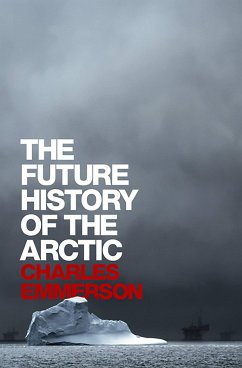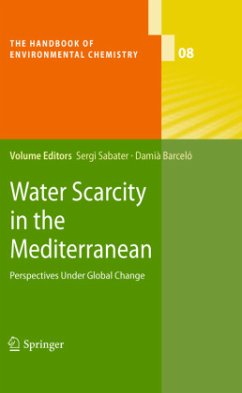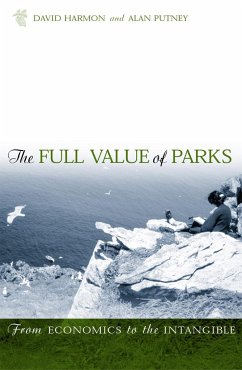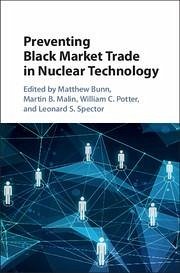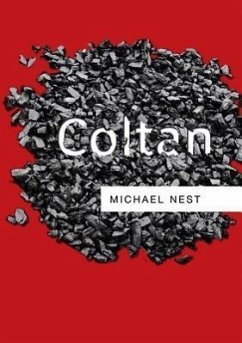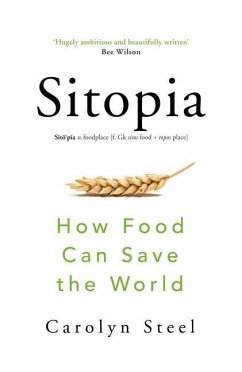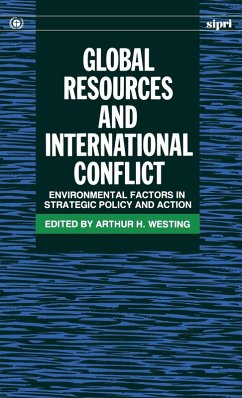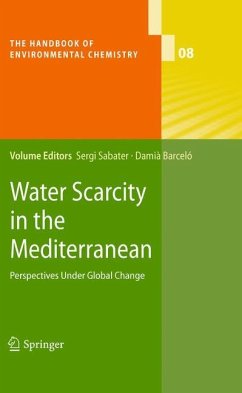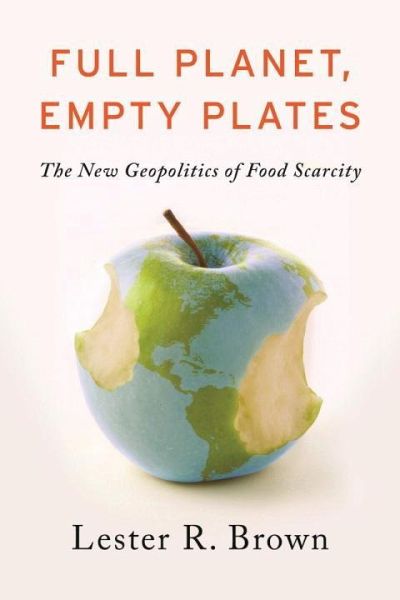
Full Planet, Empty Plates: The New Geopolitics of Food Scarcity

PAYBACK Punkte
9 °P sammeln!
The world food situation is deteriorating. Grain stocks have dropped to a dangerously low level. The World Food Price Index has doubled in one decade. The ranks of the hungry are expanding; political unrest is spreading. On the demand side of the food equation, there will be 219,000 people at the dinner table tonight who were not there last night. And some 3 billion increasingly affluent people are moving up the food chain, consuming grain-intensive livestock and poultry products. At the same time, water shortages and heat waves are making it more difficult for farmers to keep pace with demand...
The world food situation is deteriorating. Grain stocks have dropped to a dangerously low level. The World Food Price Index has doubled in one decade. The ranks of the hungry are expanding; political unrest is spreading. On the demand side of the food equation, there will be 219,000 people at the dinner table tonight who were not there last night. And some 3 billion increasingly affluent people are moving up the food chain, consuming grain-intensive livestock and poultry products. At the same time, water shortages and heat waves are making it more difficult for farmers to keep pace with demand. As grain-exporting countries ban exports to keep their food prices down, importing countries are panicking. In response, they are buying large tracts of land in other countries to grow food for themselves. The land rush is on. Could food become the weak link for us as it was for so many earlier civilizations? Lester Brown, one of the leading environmentalists of our time, explains why world food supplies are tightening and tells what we need to do about it.
Dieser Artikel kann nur an eine deutsche Lieferadresse ausgeliefert werden.




